On occasion of the birthday of world film on December 28, 2023, China National Film Museum and the BJIFF Organizing Committee jointly held the Anniversary of the Birth of World Film Roundtable on Film Development and Integration with Cultural Tourism—Everlasting BJIFF Series with leaders and experts, such as Song Zhiqin, Executive Deputy Director of the Film Art Center of CFLAC, present.
As Director Huang Xiaowei addressed the event, film is like a cultural business card, by means of which the audience learn about a city’s natural landscape, culture and spirit via the unique form of art, and the cultural tourism industry of the city is greatly boosted. Aimed to keep reshaping the tourism industry with cultural activities and boost the culture industry with tourism resources, China National Film Museum invites experts and big names in the industry to the museum to discuss the inseparable ties between film culture and city spirit, integrated development of film and cultural tourism, and deep connection between film festival and local culture, further promote the special driving role of film in social and economic development, and contribute “film power” to the Chinese path to modernization.
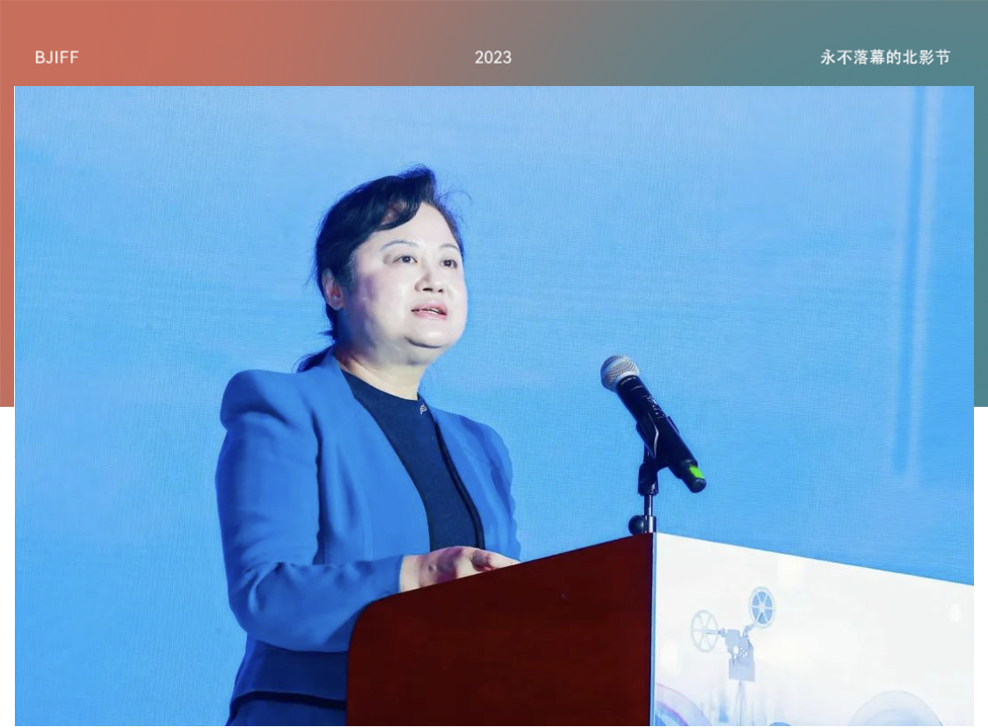
Huang Xiaowei, Secretary of the Party Leadership Group and Director of China National Film Museum, gives a speech
Before the roundtable was convened, the Journal Editing Department/Research Department of China National Film Museum was officially renamed the “Research Institute on Film History”. The renaming signifies the successful translation of findings from the research on the museum’s thematic education, its further commitment to building a research platform for cooperation with the academic and professional communities as well as museums, universities and colleges, in-depth discovery of film history resources, inheritance of film culture and turning it into a major tool for the construction of culture power. In this way, the museum will make more contributions to the continuity of Chinese culture, innovative commercialization and creative development of traditional Chinese culture.
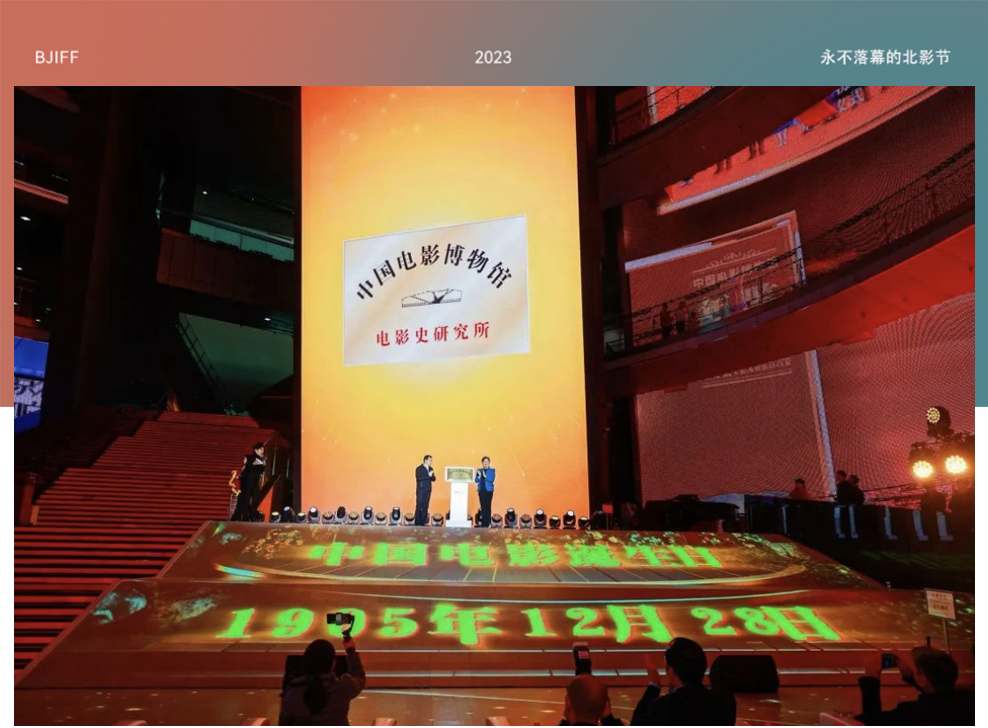
Inauguration ceremony of the Research Institute on Film History, China National Film Museum
Furthermore, the BJIFF Organizing Committee awarded the certificates and plaques of distinguished partners for the “Everlasting BJIFF” series to China National Film Museum and Langyuan Station.
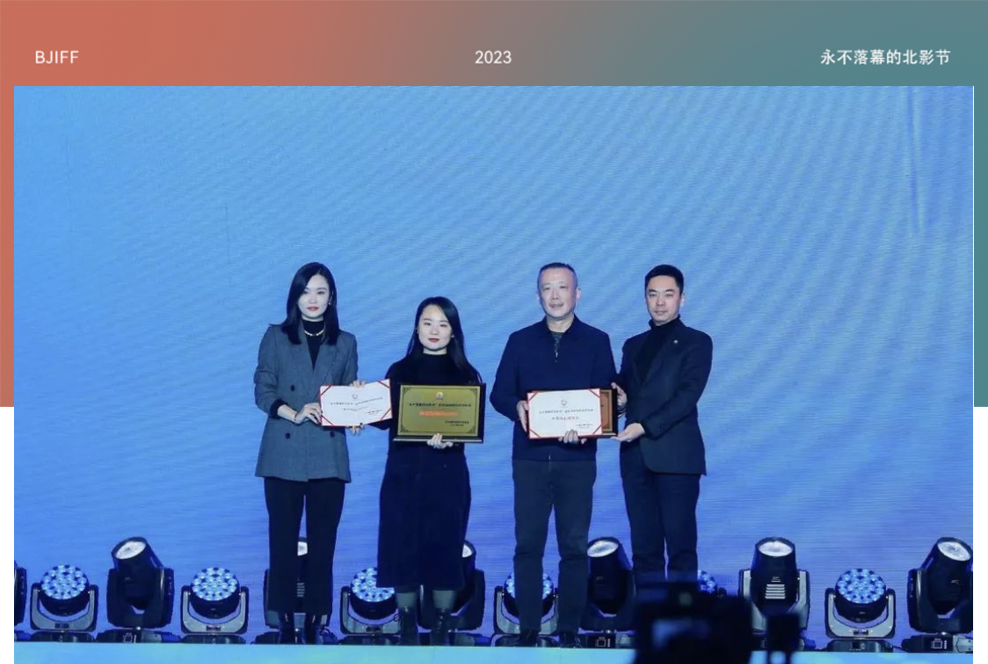
Awarding ceremony for distinguished partners for the “Everlasting BJIFF” series
The roundtable features the theme of “Film Development and Integration with Cultural Tourism”. Experts and scholars active in the frontline of digital filmmaking, art research, film festival and exhibition, and cultural tourism, were invited to talk about the integrated development of film and cultural tourism industries, and practice and thoughts about how to tell Beijing stories well.
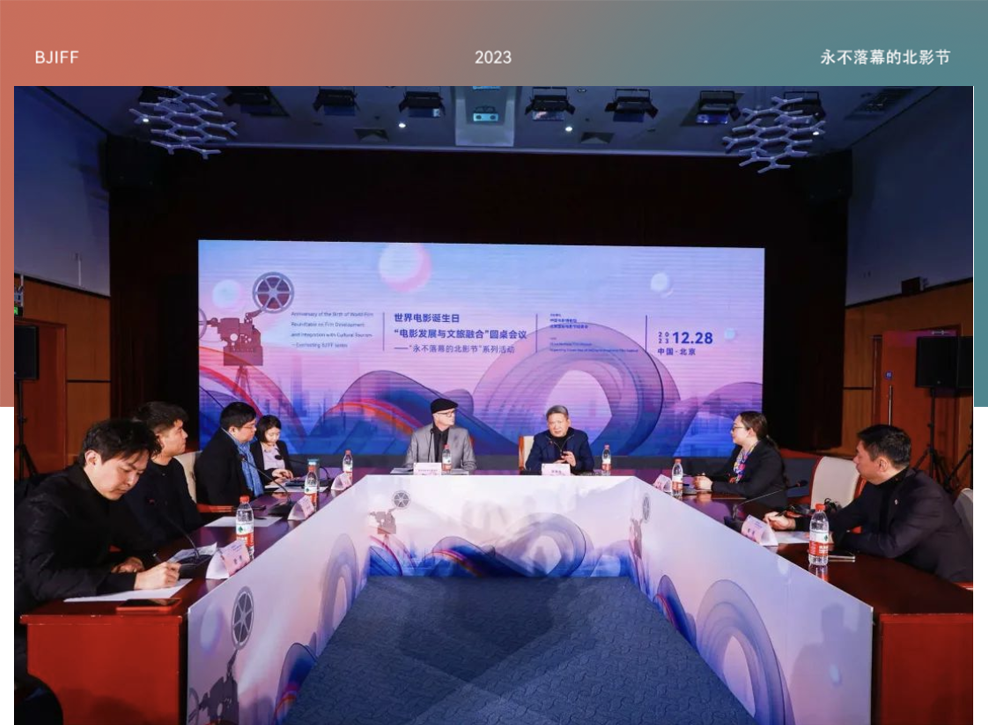
Roundtable on Film Development and Integration with Cultural Tourism
Professor Chen Xuguang started off with the relationship between film and city. In his view, the relationship is twofold. On one hand, films can be associated with memories about a city. On the other hand, films should not be restricted to shooting and screening. They should be integrated with other industries across media, especially the broader space enabled by the VR technology. He also advised that stories about a city be created based on the preferred viewing experience of the younger generation growing up with the Internet and gaming, and we extend the concept of “big film” by means of new technology and media.
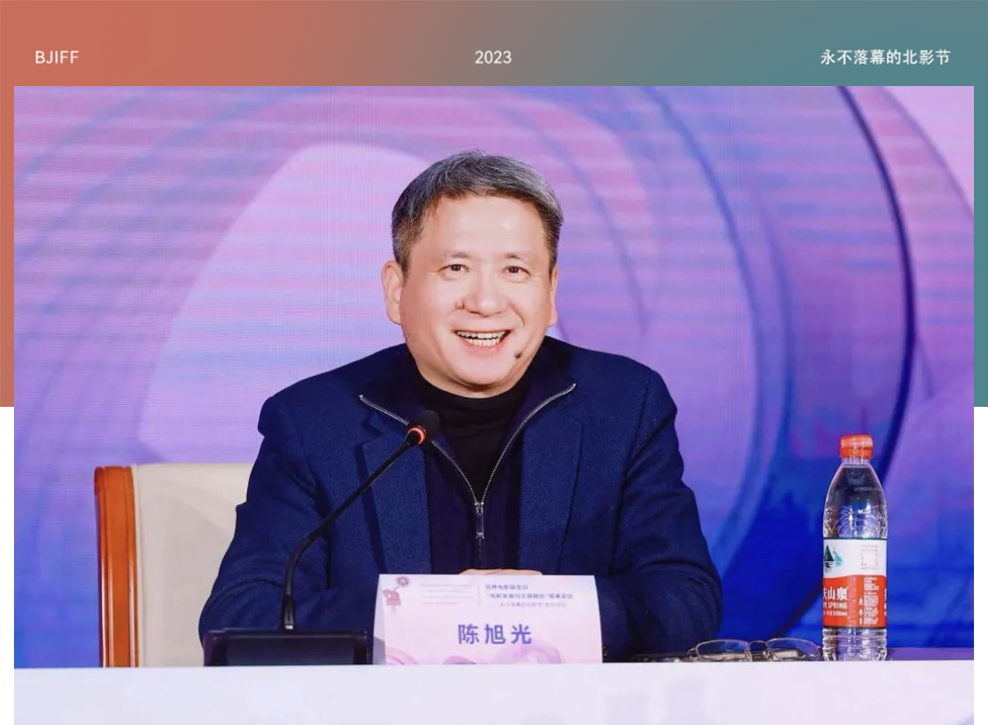
Chen Xuguang, Director of the Institute of Film, Television and Theatre
Peking University, distinguished professor under the Cheung Kong Scholar Program
and Vice President of Chinese Collegial Association for Visual Art,
According to Professor Zhang Yan, film was born in city while city helps shape film. They are intrinsically intertwined and inseparable. The IP development of a city is not just about visual presentation of its scenery, but also about interpersonal relations, its urban changes and social culture. In her opinion, the essence of cultural tourism lies in the sense of belonging and connection with a city for people from around the world. And IP development should be closely combined with narratives and emotional connotations.
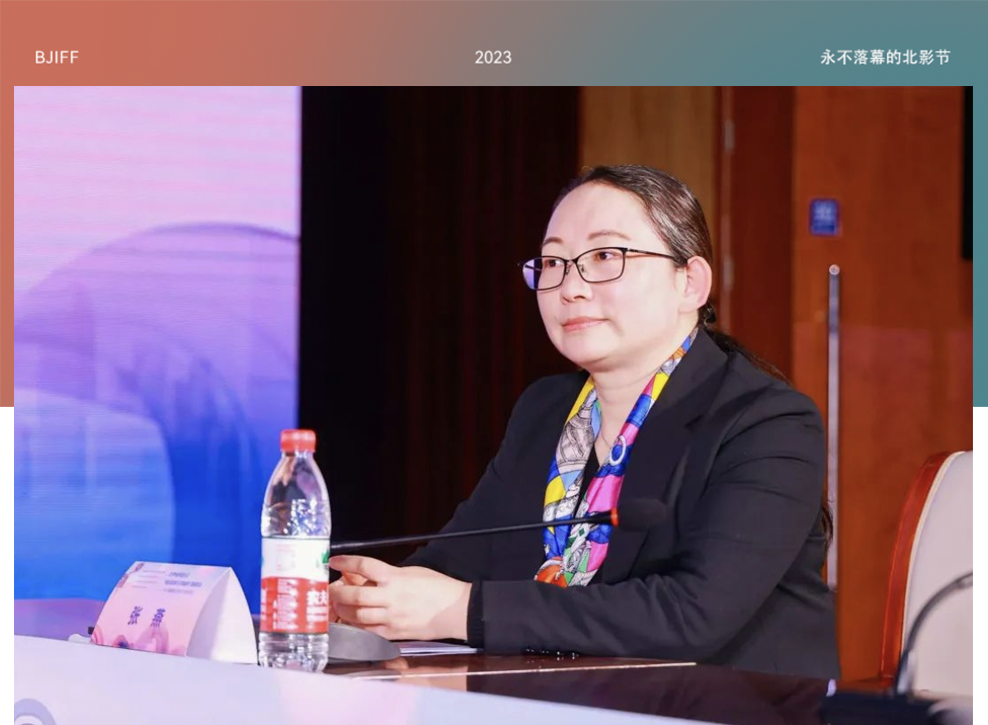
Zhang Yan, Professor at the School of Arts and Communication, Beijing Normal University,
and Director of BNU Asia & Chinese Language Cinema Research Center
Based on his years of working and living experience in Beijing, Professor Kirkman Ridd indicated that Beijing is blessed with abundant cultural tourism resources, all of which may be transformed into diverse offline and online experience for audience and tourists via VR, AI and other new technologies. He also thought that with film being a key tool for learning the world and reaching the audience, film festivals may set up a public screening zone, at which city stories can be screened for the audience to see film stars and individuals like themselves.
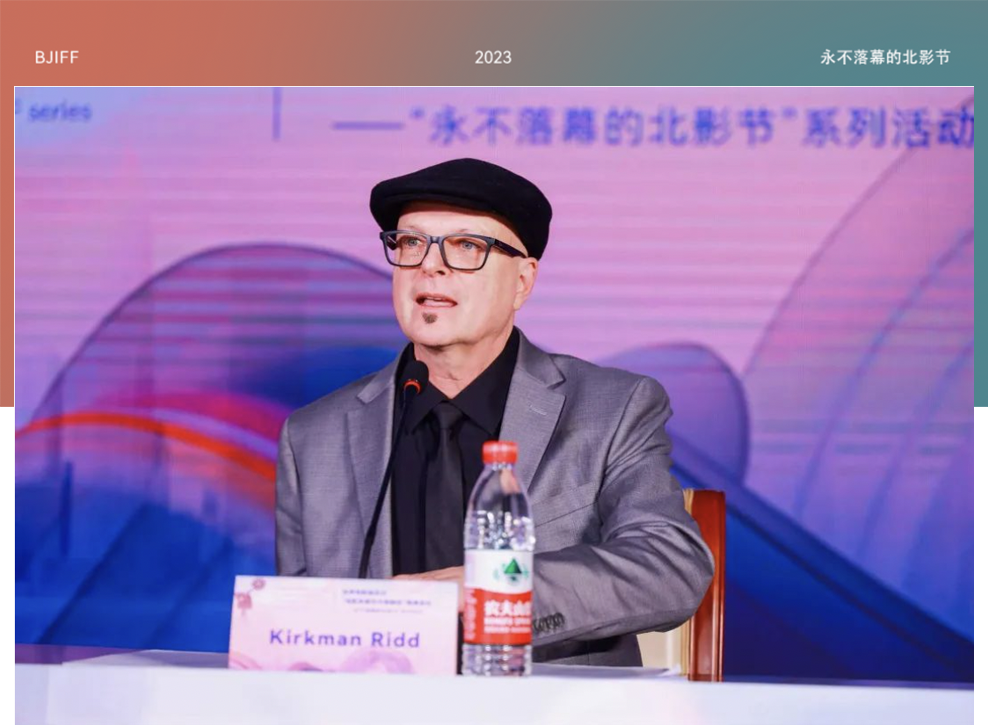
Kirkman Ridd, film producer, director, screenwriter, sound designer and visiting professor at the Beijing Film Academy
As General Manager Ma Ping pointed out, filmmakers create dreams, and cultural tourism extends beyond films. In his view, the integrated development of film and cultural tourism should focus on people and people’s experience. When it comes to cases about film plus theme park, he explained that while Westerners focus more on thrilling experience, China needs to build theme parks with strong mental experience. In other words, we should prioritize the development of local films and culture, and appeal to tourists’ sense of identity.
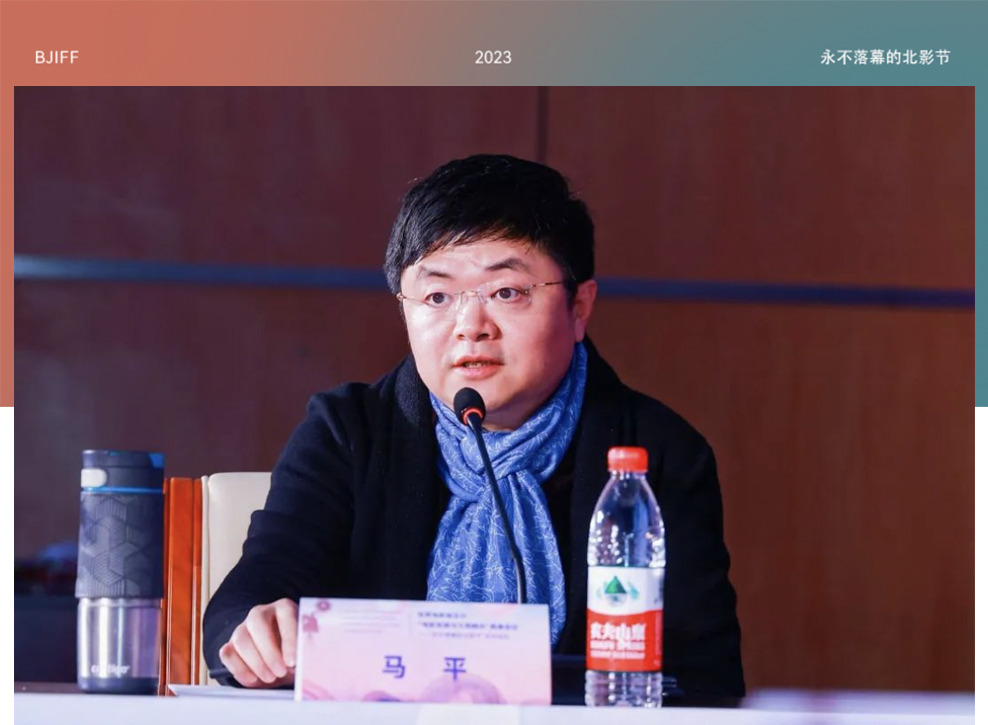
Ma Ping, Vice General Manager, State Production Base of China Film Group,
Vice Chairman of the Chinese Society of Cinematographers (CNSC),
distinguished professor at the Central Academy of Drama,
film director, producer and visual effects director
From the communication perspective, Director Gong Feilong stated that subsequent communication via media can strongly boost the upgrading of the cultural tourism industry where the filming locations are. He thought that as a city with grand storyline, Beijing indeed needs to publicize its stories from small aspects. As for small cities, all forces citywide should be joined to expand the communication and influence of their culture.
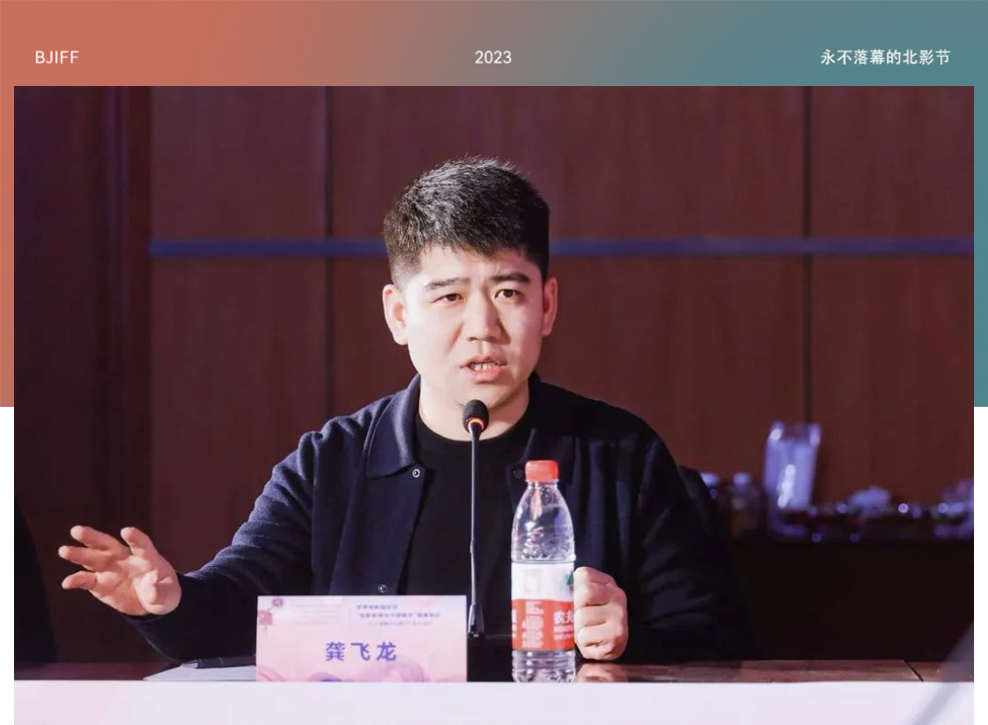
Gong Feilong, Director of Government and Corporate Affairs, Global Times
As Director Cui Yan noted, a film festival cannot be separated from local characteristics. The BJIFF intrinsically keeps impressions of Beijing, and it has been thinking how to empower the development of cultural tourism in Beijing as a young film festival. According to him, the BJIFF will continue to optimize its award selection system, expand screening scale, dive into the film industry, enrich public activities and enhance international communication capabilities. Besides, through the “Everlasting BJIFF” series held around the year, the BJIFF will take root in the depth of the industry, reach filmmakers, and develop itself into a real festival for all. Meanwhile, more attention is welcome to the changes and new look of the 14th BJIFF. Join us in “Enjoying the Best Films in Beijing this Spring”.
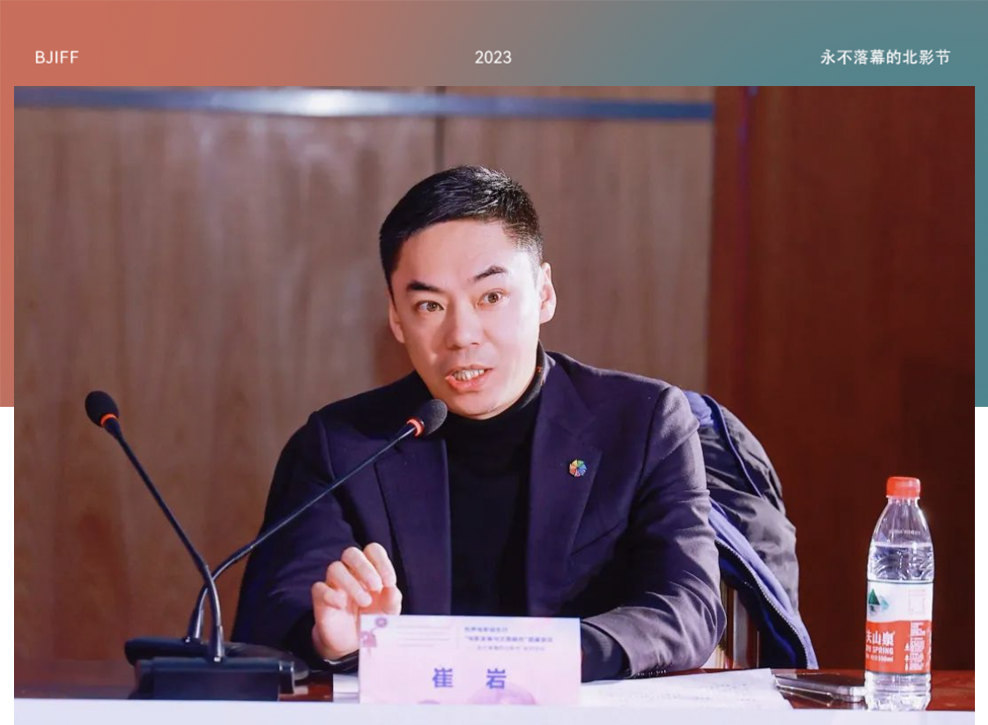
Cui Yan, Director of the BJIFF Operations Center of Beijing Radio & Television Station
City has always been a major subject matter of filmmaking. It’s the city culture that connects films with the audience, and synchronizes with humanity. As a great tool for presenting city stories, a film can be a signature brand of a city, or even a cultural footnote of a nation. And film festivals based in cities can increase the warmth, hustling and bustling of the cities. Film and cultural tourism have always had the most direct and closest ties. They are bound to be deeply integrated. Let’s work on innovative forms of business, empower and benefit film and cultural tourism in a mutual way, tell stories about Chinese cities via film, and make ideals reachable.
